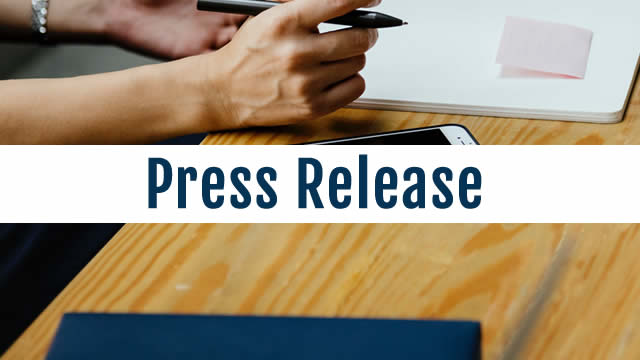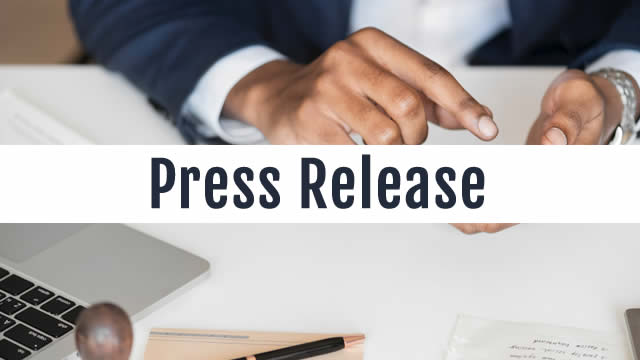JFrog’s Software Supply Chain State of the Union 2025 Report: Emerging Threats and Best Practices in the Age of AI
In a recent press release at KubeCon + CloudNativeCon Europe, JFrog Ltd, the creators of the JFrog Software Supply Chain Platform, unveiled their Software Supply Chain State of the Union 2025 report. This comprehensive study delves into the evolving landscape of software security threats, DevOps risks, and best practices, as well as the potentially explosive security concerns that emerge in the era of Artificial Intelligence (AI).
Emerging Software Security Threats
According to the report, one of the most pressing software security threats is the increasing use of machine learning (ML) models in production environments. Many organizations are enthusiastically embracing public ML models to drive rapid innovation and improve business outcomes. However, this eagerness comes with risks. Public ML models can contain hidden vulnerabilities, which can be exploited by malicious actors to launch attacks on the organizations that use them.
Evolving DevOps Risks and Best Practices
The report also highlights the evolving risks in DevOps practices, which have become increasingly complex as organizations adopt new technologies and processes. One of the most significant risks is the lack of visibility and control over the entire software supply chain. This can lead to security vulnerabilities, compliance issues, and operational inefficiencies. To mitigate these risks, the report recommends implementing a centralized, end-to-end software supply chain management solution that provides visibility, security, and compliance.
Security Concerns in the AI Era
The report also addresses the security concerns that emerge in the era of AI. With the increasing adoption of AI and ML models, organizations face new challenges in securing their software supply chains. The report notes that AI models can be vulnerable to adversarial attacks, which can manipulate the models to produce incorrect or malicious outputs. To address these concerns, the report recommends implementing robust security measures, such as model hardening, testing, and monitoring.
Impact on Individuals
As individuals, we may be affected by these emerging software security threats and evolving DevOps risks in several ways. For instance, our personal data may be at risk if organizations fail to secure their software supply chains adequately. Additionally, we may experience operational inefficiencies or downtime if our organizations are not using the most up-to-date and secure software. To mitigate these risks, we can advocate for the adoption of best practices, such as centralized software supply chain management and robust security measures.
Impact on the World
The impact of these emerging software security threats and evolving DevOps risks on the world is significant. Organizations that fail to secure their software supply chains adequately may face reputational damage, financial losses, and legal liabilities. Additionally, the increasing use of AI and ML models in critical infrastructure, such as transportation, energy, and healthcare, could lead to catastrophic consequences if these systems are compromised. To address these concerns, it is essential that organizations and governments invest in robust software security measures and adopt best practices to secure their software supply chains.
Conclusion
In conclusion, JFrog’s Software Supply Chain State of the Union 2025 report highlights the emerging software security threats, evolving DevOps risks, and best practices in the age of AI. The report emphasizes the importance of securing software supply chains against the increasing use of public ML models and the evolving risks in DevOps practices. Additionally, the report addresses the security concerns that emerge in the era of AI and provides recommendations for mitigating these risks. As individuals and organizations, it is essential that we adopt these best practices to secure our software supply chains and protect against the emerging threats in the software landscape.
- Embrace centralized, end-to-end software supply chain management solutions
- Implement robust security measures, such as model hardening, testing, and monitoring
- Advocate for the adoption of best practices in software security and DevOps





